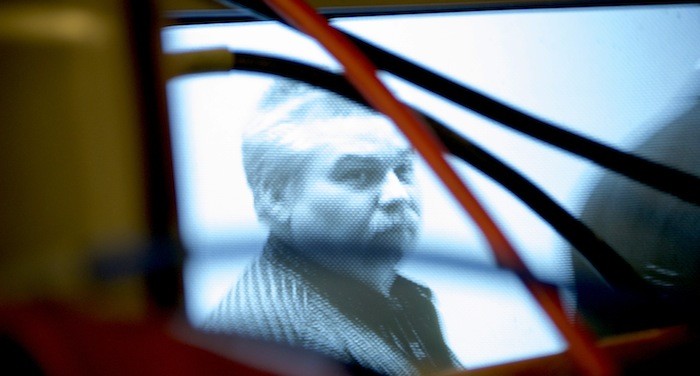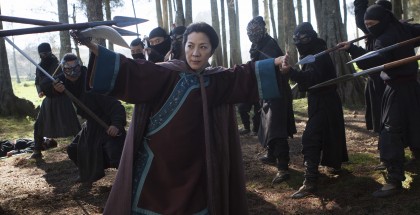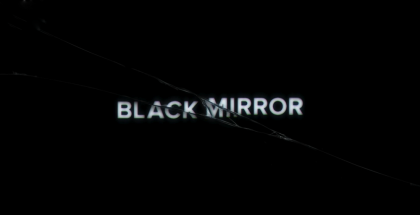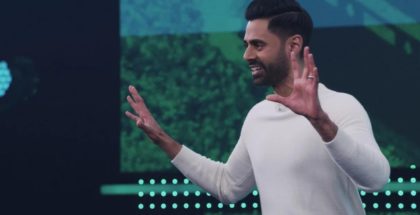Making a Murderer Season 2 could be on the cards
David Farnor | On 02, Mar 2016
A second season of Making a Murderer could be on the cards, the filmmakers have confirmed.
Directors Laura Ricciardi and Moira Demos released their 10-part documentary about the judicial process surrounding Steven Avery’s 2005 conviction for the murder of photographer Teresa Halbach – and the related case of his nephew, Brendan Dassey – just before Christmas last year. The result gripped, shocked and angered thousands of viewers, with petitions launched to free Avery and the topic trending on Twitter on multiple occasions.
The story, of course, is not yet over, as unlike a standard TV thriller, the entire thing is based on real life – and the directors are still interested in continuing their coverage of Avery’s tale. At a Stranger Than Fiction panel discussion at New York’s IFC Center last week, Variety reports the pair confirmed that they were taking preliminary steps to produce new episodes, recording their conversations with Avery and also speaking to his new lawyer, Kathleen Zellner.
“From our perspective this story is obviously not over,” Ricciardi said.
“It’s real life and (Avery’s and Brendan Dassey’s) cases are both still pending. We have no idea when the magistrate will make a decision in Brendan’s case. We do know that two potential outcomes are that the judge could order Brendan’s release or he could order a new trial. So we are on the edge of seats about that. To the extent that there are significant developments, we would like to continue documenting this (case).”
It would not be unprecendented for a true crime docu-series to pick up its narrative for a second run. Indeed, while podcast Serial, which arguably paved the way for Making a Murderer among audiences, has gone on to present an unrelated second season, it has continued to revisit Season 1’s case in a series of updates from a court hearing.
The exact process of Making a Murderer’s return to Wisconsin and continue to film Avery and Dassey, though, would be far from simple, not just because of any problems with documenting ongoing legal processes, but also because of their reception within Wisconsin.
Stephen M. Glynn, Avery’s civil lawyer, who was also at last week’s panel, commented: “There is a lot of hostility toward these two women (Ricciardi and Demos) in Wisconsin. The theory is that have played Wisconsin unfairly. But among those people who think and are a little more educated and thoughtful about these sorts of issues, there is appreciation.”
Demos also acknowledged the media storm and social media furore that has followed the show since its release.
“To read an article that calls our integrity into question and more or less accuses us of leaving things out (of the film) when there are 12 factual errors in the first two paragraphs of the article is frustrating,” Demos said. “So we just have to sort of disengage from that and try and have more meaningful conversations (about the topic).”
“We are grateful that people have watched and engaged with the series because we made it to promote a dialogue,” added Ricciardi. “I can’t keep up with all the headlines and the tweets and I certainly can’t engage with all of it. The series has in many ways taken on a life of its own.”
For more on Making a Murderer, see our analysis of the evidence the show left out and our guide to the six stages of watching the show.
1.35 Email Lottie
6-6.15 Crouching (6.15)




















